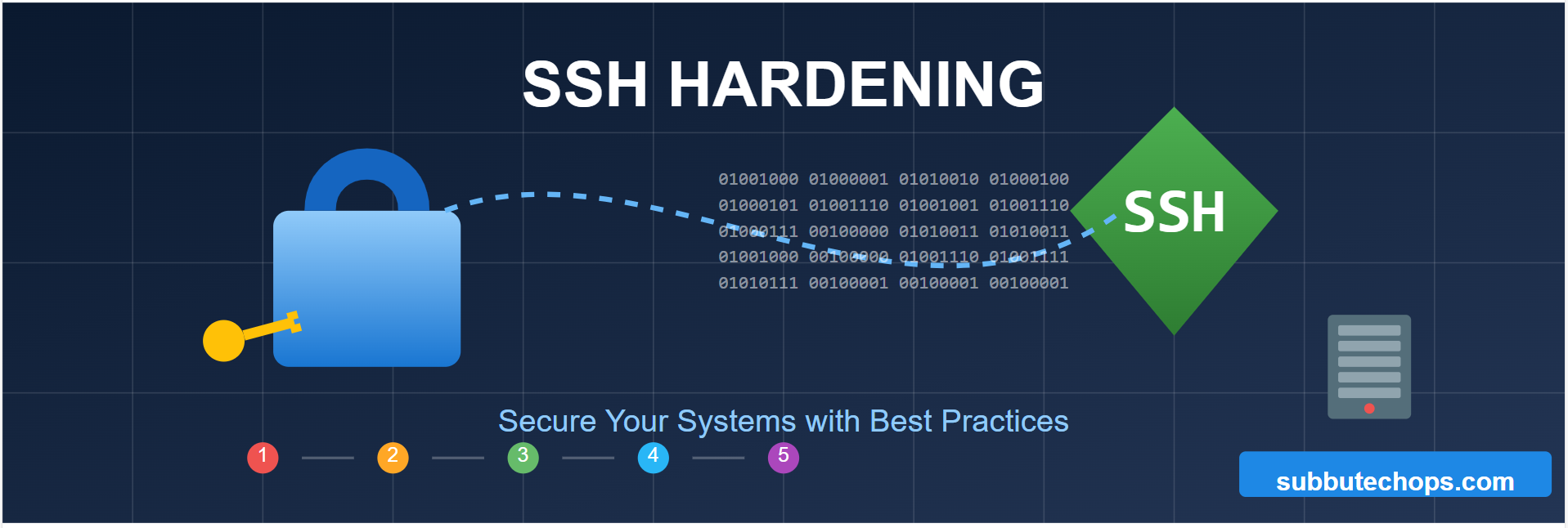SSH Hardening: What, Why, and How?
Introduction Secure Shell (SSH) is one of the most widely used protocols for secure remote system administration, providing encrypted communications over potentially insecure networks. Despite its inherent security features, default SSH configurations often prioritize convenience over security. This blog explores SSH hardening through the lens of “what it is,” “why it matters,” and “how to … Read more




